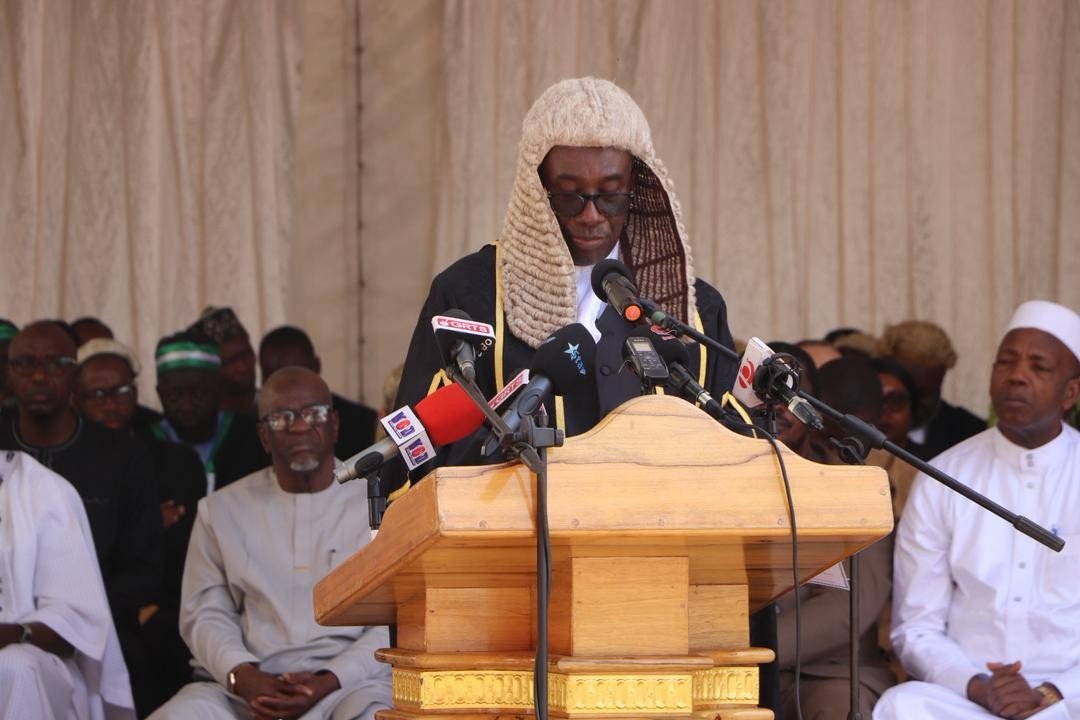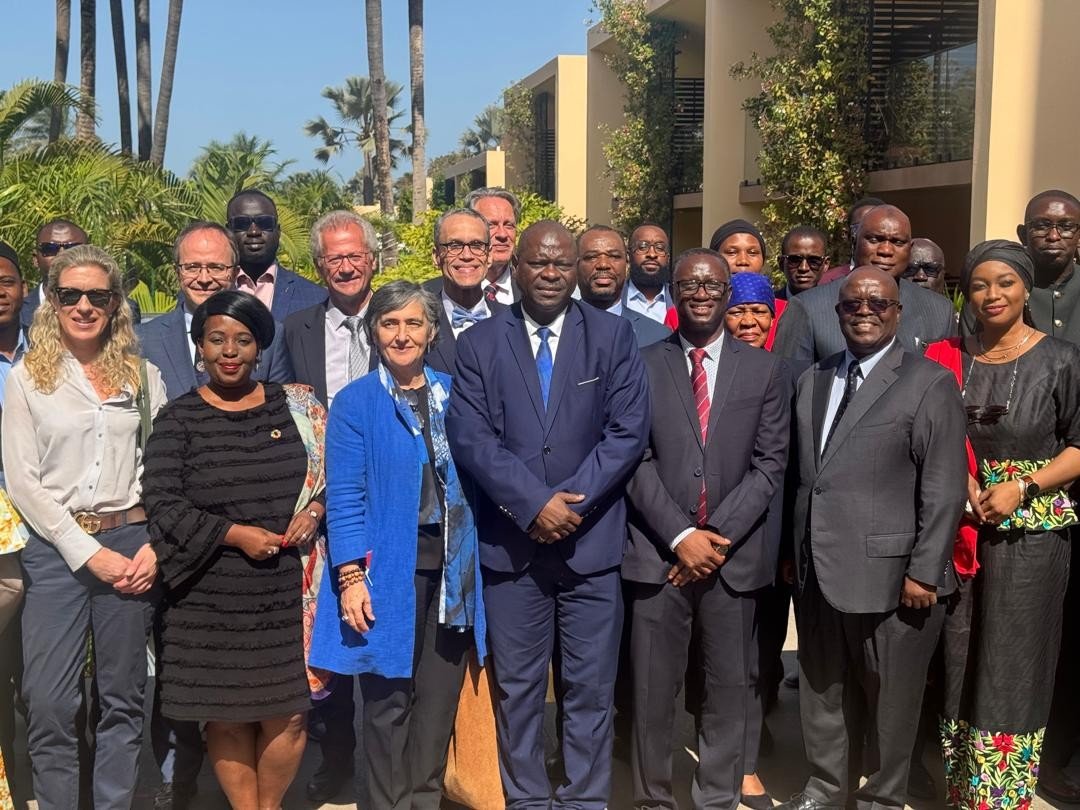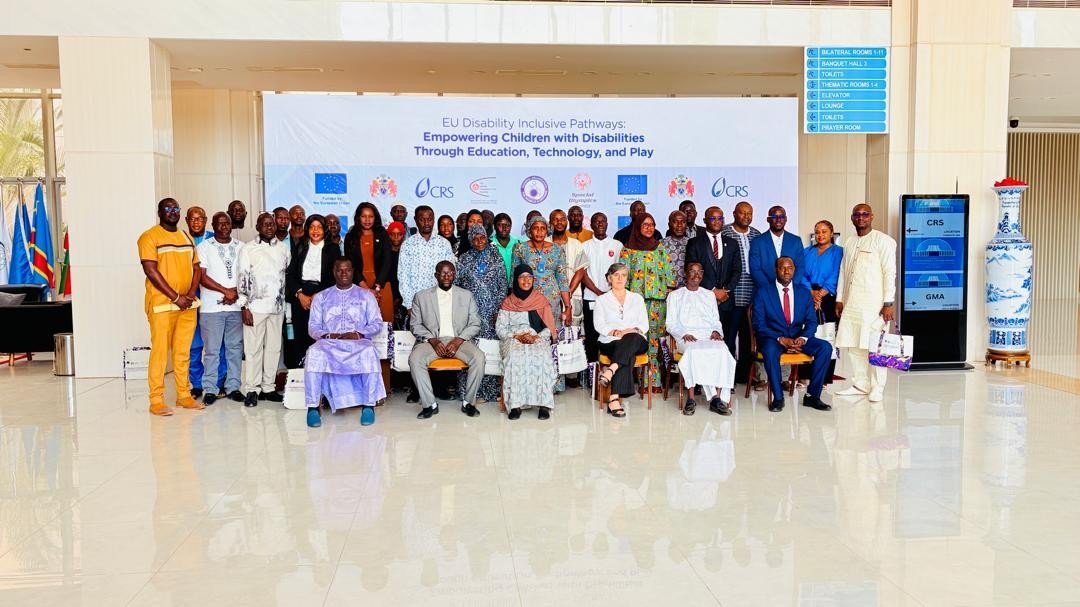Yusef Taylor, a journalist and human rights advocates, has said the Gambia’s parliament has failed to fulfill one of its most critical responsibilities of checking or overseeing how government is spending tax-payers money.
“For over a year, The Gambia’s Parliament has failed to fulfill one of its most critical responsibilities: overseeing government spending of taxpayer money,” he said.
According to him, despite approving the national budget, lawmakers have neither received nor demanded timely updates from the Finance Minister, leaving billions unaccounted for. “Who is keeping track of public funds? And what does this mean for transparency and accountability?” he questions.
What the law says
According to the National Assembly’s Standing Order 94(1), which focuses on budget implementation and monitoring, he cited, “the Vice President or a Minister responsible for Finance shall, at least once during each session of the Assembly, make an oral ministerial statement to the Assembly on the implementation and monitoring of the annual budget.”
Budget implementation oversight
On budget implementation and oversight, Mr Taylor said the budget process begins with a call circular, followed by the formulation stage, and then the implementation and oversight stage.
He added the parliament approves the budget and the government implements it, adding that Parliament conducts oversight on a quarterly basis as mandated by the Standing Orders.
He further mentioned that the only way Parliament could effectively perform oversight is through the Finance Minister tabling a Budget Implementation Report, also known as Budget Performance Report.
Mr Taylor noted that over the past year, there has been a significant lapse in Parliamentary oversight of The Gambia’s budget implementation. “This failure starts with the Finance Minister not tabling the Budget Implementation Report, and Parliament not enforcing compliance with the Standing Orders,” he stated.
Giving a brief background of what used to be the norm, Taylorsaid that previously, the Ministry of Finance would publish the Budget Implementation Report/Budget Performance Report at the start of each month for the preceding month. For example, in February, the full Budget Implementation Report for January to December 2024 would have been uploaded online, he pointed out, sayingthe Finance Minister used to present the quarterly Budget Implementation Report to Parliament, allowing lawmakers to scrutinize how the budget was being executed.
“Unfortunately, both of these crucial practices have been abandoned,” he expressed concern. “This lack of oversight means that billions of dalasis are being spent without Parliamentary review, opening the door to waste, fraud, and abuse.”
He stated that lack of Oversight duties in 2024 and 3rd March 2025, has hampered checks and balances. “Since 2024, the Finance Minister has failed to table the Budget Implementation Report in both the 2nd and 3rd Ordinary Sessions,” he stated. “A report was only provided during the 4th Ordinary Session, which is typically dedicated to budget discussions.”
The failure of The Gambia’s Parliament to conduct proper budget oversight is not just a legal and administrative issue, “it is a direct threat” to transparency, accountability, and the responsible use of public funds, he charged.
He underscored that good governance starts with an informed and engaged public. “If lawmakers fail to demand timely updates on government spending, waste, fraud, and abuse will continue unchecked,” he argued, saying: “Citizens, civil society organizations, and the media must take action to hold both Parliament and the Finance Ministry accountable.”
He further noted: “By raising awareness, pressuring lawmakers, and demanding regular budget reports, we can ensure that taxpayer money is spent responsibly,” he noted.
He emphasises that the fight for accountability is a collective effort, and “it starts with us (Gambians)”, saying the time for silence is over it’s time to demand transparency and responsible governance.






